
The recently approved Policy for the Strengthening and Growth of the State Company of IT Applications and Services will promote, in an orderly and safe way, the computerization of Cuban society, technological sovereignty and, especially, the dynamism of the industry in that sector and the digital transformations of the economy.
The Ministry of Communications and other State Administration Agencies are currently evaluating the applications made by 10 organizations that wish to obtain the endorsement of the new management model for the strengthening and development of the State Company of IT Applications and Services throughout the country.
The Head of the IT Industry Department at the Ministry of Communications, Ernesto Vallín Martínez, confirmed that 10 applications have been received so far from the companies ETI, TECNOMATICA, DESOFT AICROS, DATAZUCAR, CINESOFT, SITRANS, DATYS, SOFTEL and ATI, of which 8 have been evaluated and ruled for the continuity of the process.
In order to evaluate the fulfillment of the established indicators, the information provided in 2019 was taken into account, as well as the 2020 closing estimate and the projection until 2023.
One of the indicators considered to grant the endorsement by the Multidisciplinary Group is the issue of exports by the State Companies of IT Applications and Services, a matter that has faced great difficulties; this is an old desire of the industry in Cuba.
Of the 9 indicators, those that represent a greater challenge for its fulfillment are to have high work productivity, its net sales by export and the effective substitution of imports of applications and computer services, to dedicate part of its income to research, and development and innovation.
Likewise, to employ highly qualified work force; the percentage of university students in relation to the total of workers of 50%; high qualification expressed in percentage of doctors, Masters of science, postgraduate specialists, professional personnel certified in computer specialties (national or international); as well as to base its main operations on intangible assets with predominance of the intellectual capital, to introduce innovative computer products and services in the market or technological improvements that diminish costs or increase productivity.
According to the Cuban Quality Model for the Development of Computer Applications (MCDAI), it is essential to have intellectual property records and maintain high standards. This policy intends to encourage state-owned IT applications and services companies to export, replace imports and engage in production chains with the possibility of foreign investment, so that their results can be technologically capitalized.
In addition, it seeks to make the economic and financial management of these organizations more flexible, giving them greater autonomy, the distribution of profits as a salary and thus achieve better retention of the workforce.
The six issued regulations implement the powers granted to these entities to increase their management, performance and efficiency, in addition to stimulating the activity of Research, Development and Innovation, for which there must be cooperation between these companies, universities and research centers.
This policy addresses the specificities of this type of companies characterized by an intensive use of knowledge, being the people the fundamental element for the materialization of products, contents and digital services that have a transversal impact on all sectors of society and economy, being the fundamental tool in the change of production and service models, management and simplification of processes.
The change of paradigm in the computerization of Cuban society also leads to the modification of the management model of the State Companies of IT Applications and Services, especially in the traditional way of working to move on to new methods that encourage the productive forces of the sector, conceiving an intensive development of research, development and innovation projects for the generation of products that can be potentially exported.
Regulations that implement the policy
The 6 legal regulations that articulate the fundamental aspects addressed in the policy about salary distribution, management of the indicators to opt for the management model, facilities in tax processing, legal and salary recognition of the intangible and the professionalism of the workers of this type of companies.
The Ministries of Communications, Work and Social Security, Finance and Prices, Higher Education, and Culture are involved.
This policy contributes to the strengthening and development of the State Company of IT Applications and Services, especially to the development of the Cuban Industry of Programs and Applications. Those who approve the professional categorization through the endorsement must use a closed scheme of financing for exports and effective substitution of imports with the precision of favoring these companies to the maximum in the first 5 years of application of the model.
It promotes the use of open hours and telecommuting; and establishes payments to workers based on performance, employing them on a piece-rate basis according to time, complexity and quality requirements set by the company through well-founded studies of work organization and measurement.
Companies can use quality standards in the development of applications and in the provision of computer services through the Cuban Quality Model for the Development of Computer Applications or other equivalent quality models.
It applies to state companies whose main activity includes, partially or totally, research, development, innovation, distribution and marketing of IT systems, applications and services.
A positive impact is expected in the medium term due to the systematic introduction of applications and services for exports and also in the effective substitution of imports, as well as the increase in productivity, cost reduction and quality improvement of processes from the use of IT applications.
It will contribute to retain employees by establishing salary improvements supported by productivity, efficiency and professional specialization of the workforce.
Promoting new business models, based on the use of advanced technologies in ICT (Artificial Intelligence, Big Data and Cloud Computing).
Those who opt for the new management model must meet the following indicators:
•Having high average work productivity of its net sales by export and effective substitution of imports of IT applications and/or services greater than or equal to 10% during the first three years and increasing by 5% every year.
•Allocating no less than 10% of its income from total sales to research, development and innovation.
•Having a work productivity index based on Gross Added Value (annual) greater or equal to 50 000 CUP.
•Having a 20% of the staff dedicated to support activities in relation to those employed in the company's main activities.
•Employing highly qualified workforce. More than 50% of the staff must be university graduates in relation to the total number of workers.
•Having a potential of high qualification of doctors, masters of science, postgraduate specialists, certified professional personnel in computer specialties (national or international) greater or equal to 10% compared to the total number of university students, and increasing this figure by 5% each year.
•Basing its main operations on intangible assets with a predominance of intellectual capital, for the introduction of innovative computer products and services in the market or technological improvements that decrease costs or increase productivity.
•Having intellectual property records (patents, copyright, industrial secret, trademarks, among others), increasing by one starting from the second year.
The new rules establish a differentiated model of financial management, employment and salary, planning and investment and intellectual property, offering greater autonomy for State IT Applications and Services Companies.
Retrieved from the website of Radio Rebelde https://bit.ly/32QeUA0





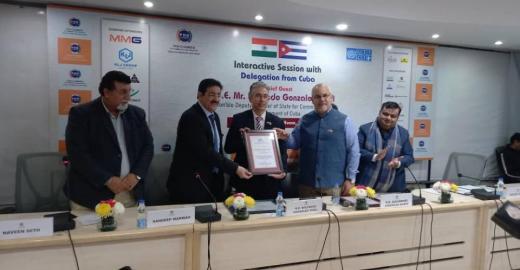

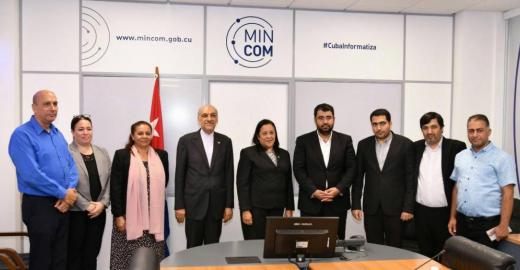



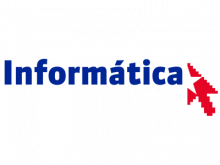
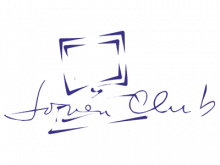
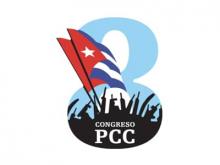
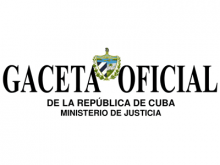
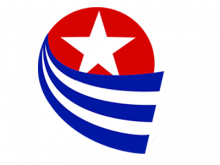
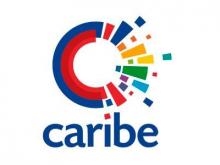
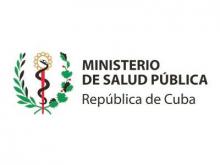
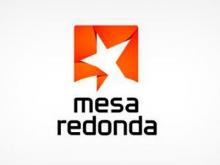
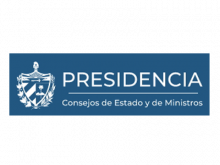

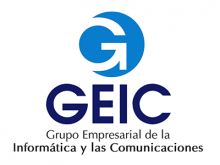
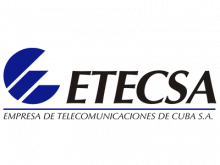
Publicar nuevo comentario